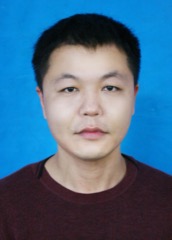Abstract
The major challenge to analyze genetic data, with high dimension, low sample size, is to extract disease-related information from a massive amount of redundant data and noise. Selecting key genes, eliminating redundant and irrelevant genes, has been a key step to overcome this challenge. Feature selection, as a key step for building machine learning models, is a well-developed technique to select most relative elements from big data, with high dimension, large sample size. Recently, neural network-based machine learning has outperformed other machine learning models on different tasked. Therefore, this seminar is to present how to employ neural network to construct effective and efficient feature selection methods to extract most relative elements for genetic data analysis.
Speaker
Dr. Xishuang Dong](/team/xishuang-dong/) is an Assistant Professor of CRI Center for Computational Systems Biology at Department of Electrical and Computer Engineering at Prairie View A&M University (PVAMU). Dr. Dong received B.S. degree in computer science and technique (sub-field of computer engineering) at Harbin University of Science and Technology, M.S. degree in computer software and theory (sub-field of computer engineering) at Harbin Engineering University, and Ph.D. in computer application (sub-field of computer engineering) at Harbin Institute of Technology.
His research interests include: 1) machine learning based computational systems biology; (2) biomedical information processing; (3) deep learning for big data analysis; (4) natural language processing.
